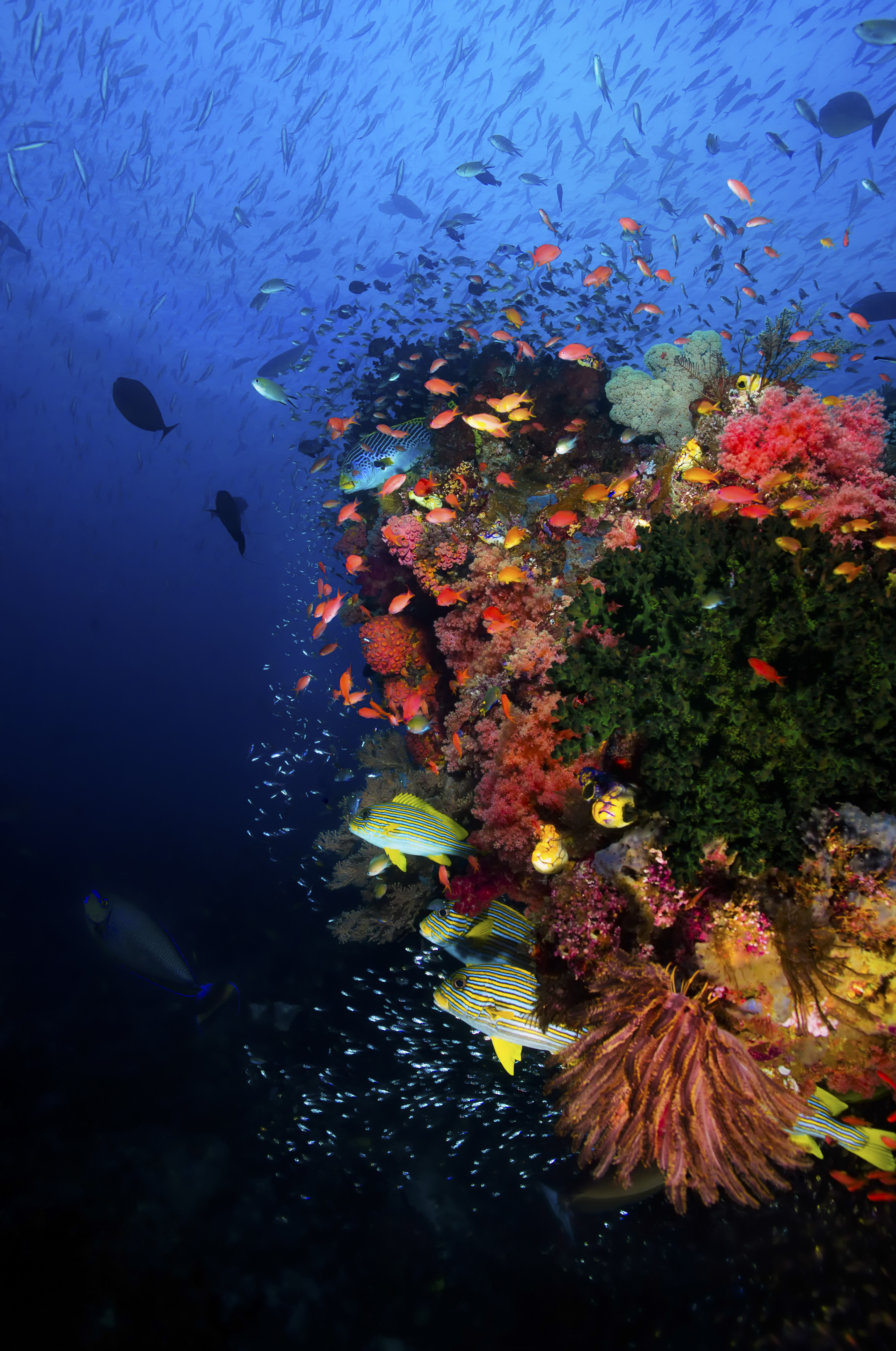2nd Edition PREMIAM guidelines launched
26 March 2018
We are pleased to announce the release of an updated 2nd edition of PREMIAM guidelines that further strengthens the UK preparedness to respond to oil and chemical spills at sea.
The post-incident monitoring guidelines are a key output from the PREMIAM initiative (Pollution Response in Emergencies: Marine Impact Assessment and Monitoring) which established in 2009.
A comprehensive document, these guidelines are a major deliverable of the PREMIAM initiative. The guidelines are to help the design and management of post-spill environmental monitoring; determine impact to marine food chains, ecosystems and resources; gather data to help establish the effectiveness of response and promote scientific best-practice. They are supported by over 20 UK government partners and several industry organisations.
The PREMIAM guidelines cover key principles of an environmental monitoring programme. They also describe why, where, when, what and how monitoring is conducted, and what key scientific techniques and approaches should be considered. This new edition also includes sections on the importance of data management and reporting to promote effective dissemination.
Chemical and oil spills in the marine environment remain a significant threat. Rapid response, improved preparedness and effective post-incident monitoring and assessment are all key parts of an effective response and these guidelines and other outputs from the project will continue help to deliver that for the UK.
Cefas' Mark Kirby, the PREMIAM initiative chair, says:
“The publication of this updated edition of the Premiam guidelines is another significant milestone for the Premiam initiative. Since its initiation in 2009 we have worked to promote best practice on post-spill environmental monitoring both with respect to the application of sound science but also in terms of preparedness and management processes needed to enable its application.”
“We are particularly proud to acknowledge the substantial amount of collaboration and feedback from across UK government and related industry that has resulted in the publication of these guidelines. By making them freely available we aim to continue to make a significant contribution to the UKs ability to respond to and assess the significance of marine spills.”
To learn more about the Premiam guidelines, and the Premiam initiative in general, interested parties should consider attending the 4th Premiam Conference being held at the Natural History Museum, London on June 21st 2018. For more information about the conference visit (insert clickable web address?) and to make a booking visit (insert Eventbrite email)
Notes to editors
- PREMIAM is an ongoing initiative, supported by a range of UK government and industry organisations. Particular acknowledgement goes to Defra (the UKs Department for Environment, Food and Rural affairs) who continue to provide vital financial support to the initiative. It is co-ordinated by emergency-response and impact-assessment experts from Cefas (Centre for Environment, Fisheries & Aquaculture Science). For more about Cefas' expertise, visit cefas.co.uk.
- The project has wide support from all UK government departments and agencies involved in post-spill issues.
- To download the PREMIAM guidelines, visit https://www.cefas.co.uk/premiam/guidelines/.
- For more information about the PREMIAM project, contact premiam@cefas.co.uk or kirby@cefas.co.uk.

